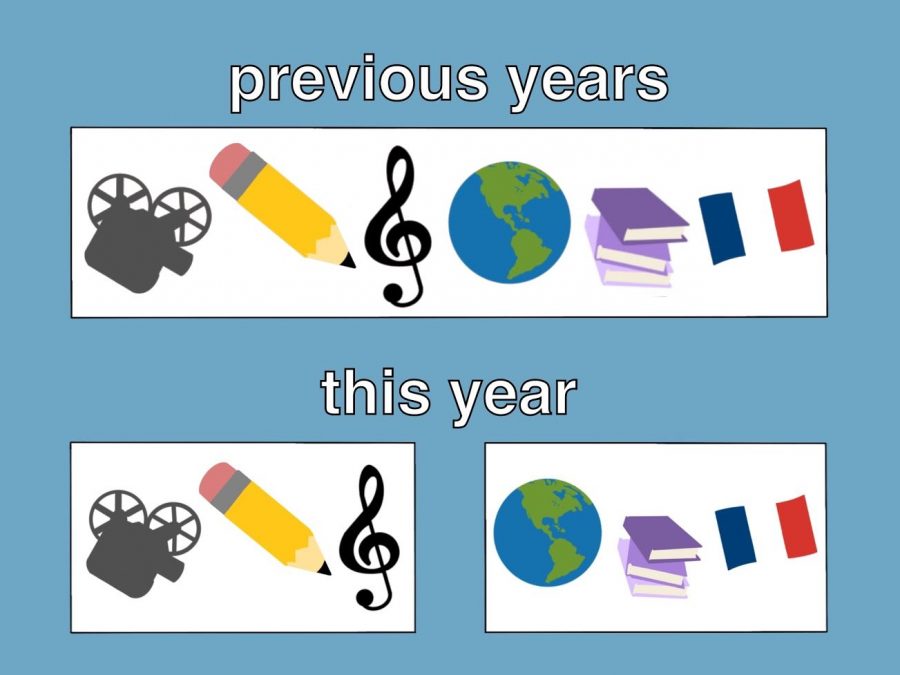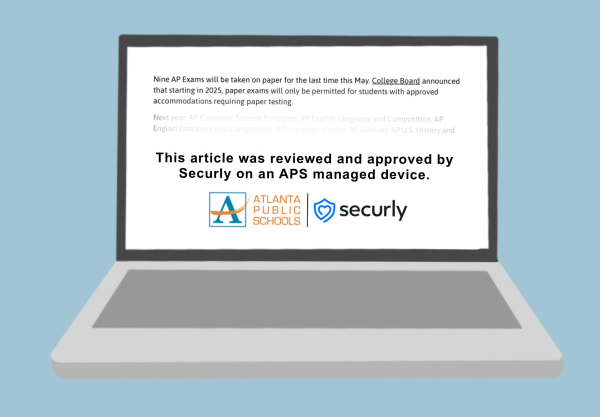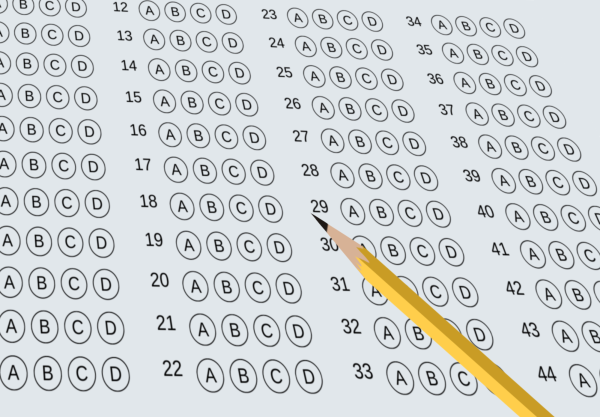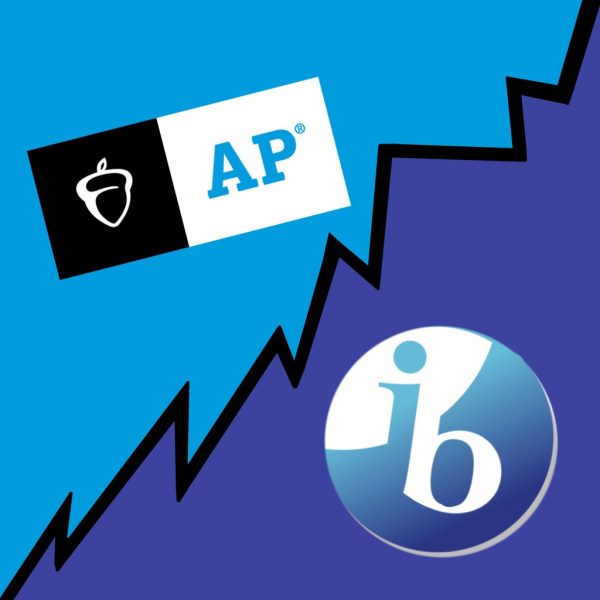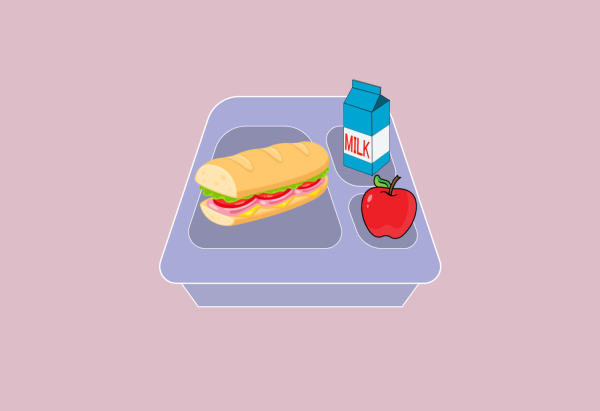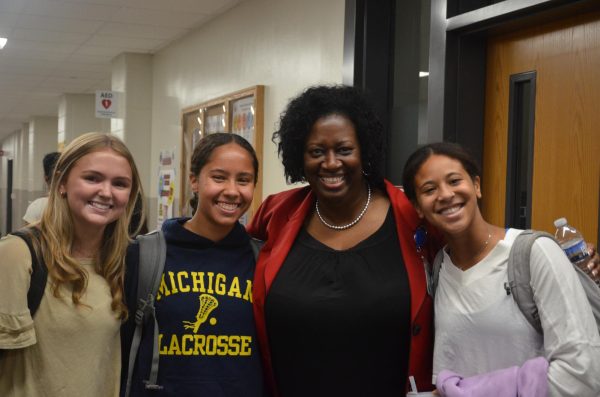Single semester block schedule disadvantages students, teachers
This year, all Atlanta Public Schools high schools changed to a schedule where there are four classes one semester, every day, and a different four classes the next semester. This change was incredibly abrupt for Grady students and teachers.
This year, in response to online learning, all Atlanta Public Schools high schools changed to a 4×4 block schedule. Students and teachers were thrown into a bizzare schedule where there are four classes one semester, every day, and a different four classes the next semester.
This change was incredibly abrupt for Grady students and teachers, who were expecting to start the school year with the typical schedule, where students have four classes on an A-day and a different four classes on a B-day.
The new schedule fundamentally doesn’t work with how many Grady classes are structured, putting students and teachers in the language, elective and Advanced Placement (AP) programs at a major disadvantage.
APS implemented the block schedule to simplify the school day, reduce student workload and make building student-teacher relationships easier during a global pandemic. That’s happened to some degree. There’s no more confusion about whether it’s an A-day or B-day. Teachers have half the number of students, making it easier to handle names and grades.
But when the majority of students have their cameras off (which APS does allow), any possible benefits to student-teacher relationships caused by the new schedule are lost. And yes, students have half the number of classes, but now more teachers give daily homework instead of weekly homework, which hasn’t helped ease students’ workloads.
Though Grady’s elective classes previously allowed students to work over the course of the year to create professional products, now, with only one semester in each of these classes, it’s become difficult for students to work effectively. The musical theatre production class had about four months to produce a full-length musical almost entirely virtually and wasn’t able to finish in a semester. In past years, the audio-visual production class had students put together a monthly news program. That didn’t happen in this year’s first semester.
Elective classes are meant to be where students have fun, gain professional skills, get a break from typical schooling and are able to be creative. The new schedule has forced these vital classes to reorganize and restructure on the fly.
Language classes are also suffering. Students taking a language in the second semester haven’t been taught the language they’re learning for seven months. When exams like the National Latin Exam or the National French Contest roll around in the spring, Grady students will be unprepared compared to students from other schools.
Exam preparedness is one of the major flaws of the block schedule. If students take AP classes in the first semester, they will have finished learning the course content four months before they take end-of-year exams. Freshmen who are taking their first AP classes don’t know what exactly to expect from the AP exams, and having a whole semester without reinforcement of the material won’t help ease their anxiety around their scores.
Juniors especially are at a disadvantage. Their AP scores from this year will be heavily factored into college admissions and credit, and Grady’s block schedule inherently puts them at a disadvantage. APS has “committed” to holding AP review sessions in the spring, but neither students nor teachers have heard any concrete information about these sessions. Teachers like AP World History teacher Sara Looman are putting together review material for their classes, but AP students are rightfully worried about finding time and motivation to study for exams on material they haven’t learned in five months.
Students and teachers are struggling enough without having to worry about five-month AP study plans and trying not to forget a language. Grady and other APS high schools have had the same schedule in place for years. Right now, students need normalcy. The right time to force a change that has very few obvious benefits in the entire structure of school is not during a global pandemic.
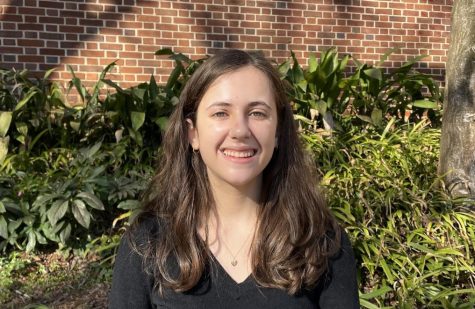
Anna Rachwalski is a senior and this is her third year writing for the Southerner. Outside of the newspaper, she is president of the Quiz Bowl team, is...

